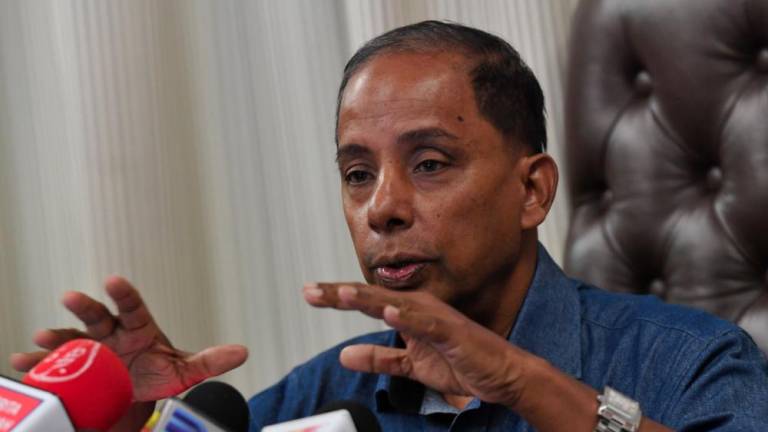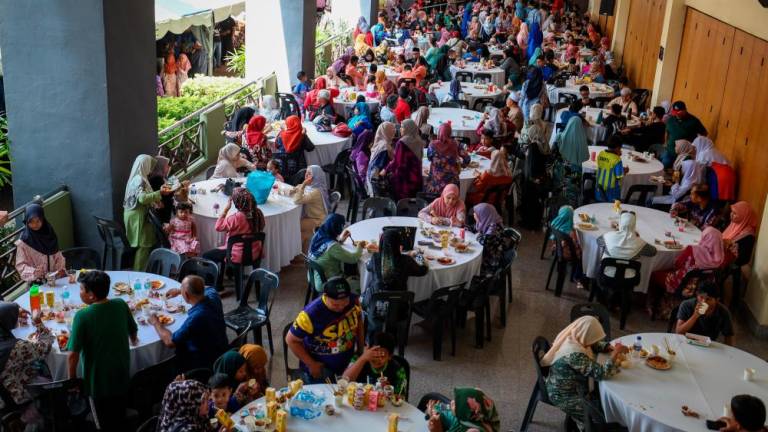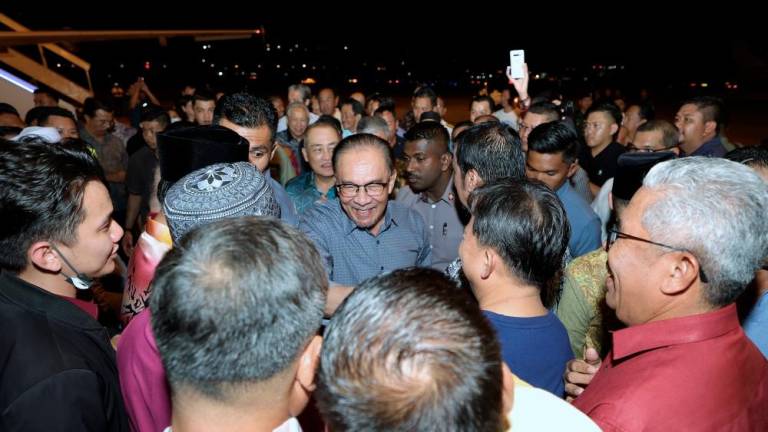PUTRAJAYA: Malaysia is looking at a zero-cost recruitment agreement for migrant workers from Bangladesh, which is also part of the government’s effort to eliminate forced labour to avoid possible trade sanctions by the United States, according to Human Resources Minister M. Kula Segaran (pix).
He said discussion with the Bangladeshi government for new terms for a new agreement, which was now in the final stage, would be similar to an agreement signed between Malaysia and Nepal last year on recruitment, employment and repatriation of Nepali workers.
As per the agreement, employer companies will bear recruitment service charges, two-way airfare, visa fee, health check-up, security screening and levy charges, among others, he added.
Kula Segaran said the Malaysian government had imposed a moratorium on the recruitment of Bangladeshi workers in 2018 and the bilateral discussions on the new terms for recruitment were progressing well.
Stating that the discussions to lift the moratorium between Malaysia and Bangladesh had been going on for some time, a working group was expecting to visit Bangladesh this month to settle the matter as soon as possible.
“There are very few matters to be resolved. The matters are very few, out of the 10 to 12 matters, (only) the last one or two matters need to be resolved. Once they are resolved, we will open the sector. The government of Malaysia is ready and willing to do that (lift moratorium),“ he told reporters after the ministry’s meet the clients programme, here today.
Kula Segaran was responding to a news report yesterday which stated that Bangladeshi government had no intention of sending more locals to work in Malaysia until a more transparent recruitment system with lower costs is established.
It quoted Bangladesh Expatriates’ Welfare and Overseas Employment Minister Imran Ahmad as saying that migrant workers faced difficulty due to the high costs incurred to work in Malaysia, with some workers having to fork up nearly RM19,000 to work here in 2016 and 2018.
Kula Segaran said there must be a system in Bangladesh to stop the unchecked sending of workers, adding that there are cases where many foreign workers have been exploited by agents who charged them heavily.
He pointed out that when Malaysia signed an agreement with Nepal, one of the conditions was that when workers come in there should be no payment involved, which means plane tickets and other expenses have to be borne by the employers, not the workers.
Kula Segaran voiced his concern that Malaysia is likely to face sanctions by the United States if there are no improvements after the US State Department placed Malaysia on the Tier 2 Watch List in its Trafficking in Persons (TIP) report for the second straight year in 2019.
“That is why we are trying to bring amendments to laws as many of our labour laws are old in nature, we want to make it current,“ he added. - Bernama













